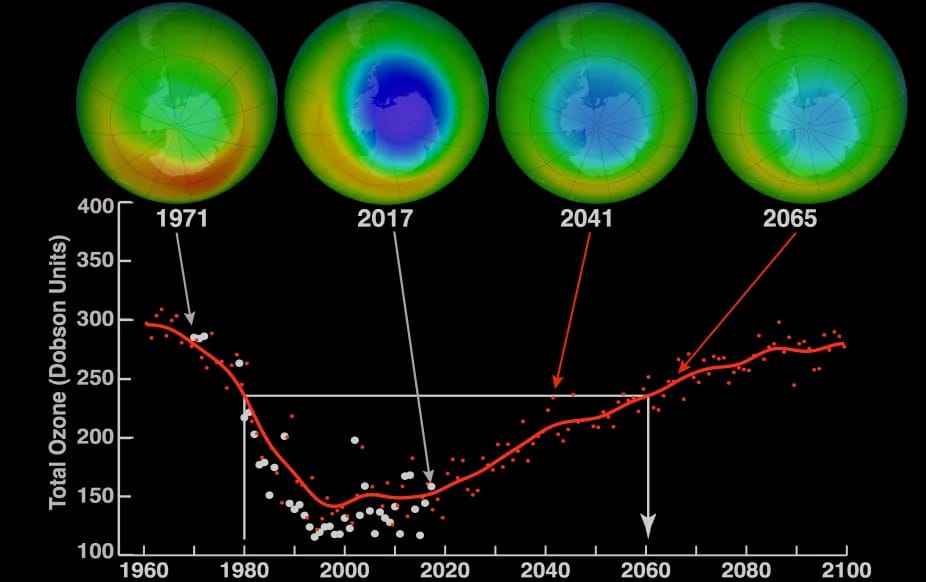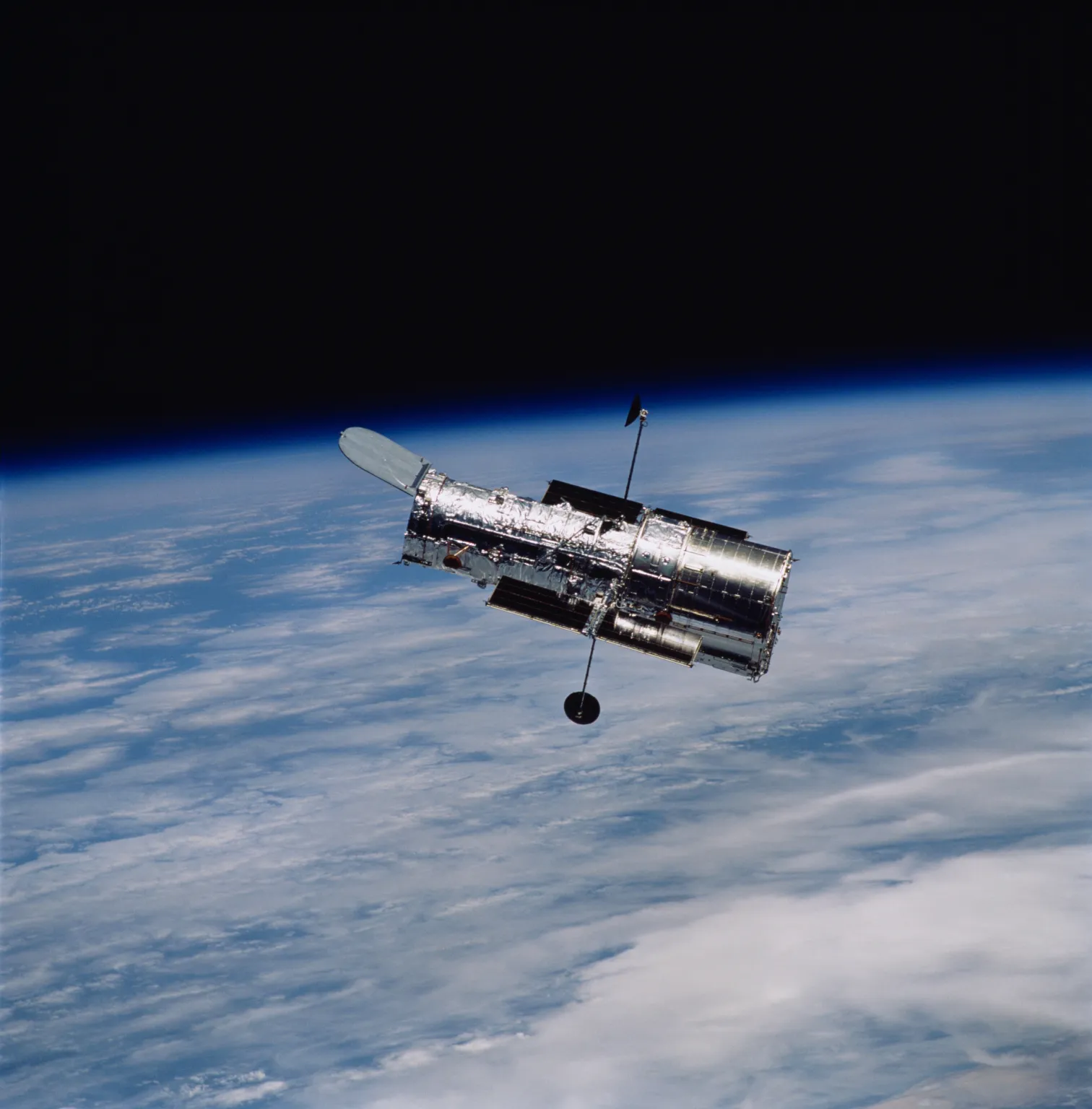The Rise of Citizen Science: Empowering Communities to Shape Knowledge and Policy

In recent years, a remarkable shift has occurred in the landscape of scientific research, ushering in the era of citizen science. This paradigm embraces the participation of everyday individuals in scientific projects, transforming passive observers into active contributors to knowledge creation. In this article, we explore the burgeoning phenomenon of citizen science, highlighting its potential to enrich scientific understanding, engage communities, and influence policy decisions.
Empowering Citizen Scientists: From Observers to Contributors
At the core of citizen science lies the empowerment of individuals from diverse backgrounds to actively engage in scientific exploration. Whether it's monitoring wildlife populations, tracking environmental changes, or contributing to astronomy observations, citizen scientists play a vital role in collecting data, conducting experiments, and generating insights that traditional research approaches alone may not achieve.
One of the key strengths of citizen science is its ability to leverage the collective power of large and geographically dispersed communities. Through digital platforms, mobile applications, and community-based initiatives, citizen scientists can collaborate across borders, pooling their efforts to tackle complex scientific challenges. This collaborative model not only expands the scope and scale of research but also fosters a sense of ownership and investment among participants, leading to more meaningful contributions.
Enriching Scientific Understanding: Diverse Perspectives and Data Insights
The involvement of citizen scientists brings a wealth of perspectives, experiences, and local knowledge to scientific research. This diversity enriches the scientific process by offering unique insights, identifying new research questions, and challenging existing assumptions. Citizen scientists, often motivated by personal curiosity or a desire to address local concerns, contribute valuable data that can complement and validate findings from traditional research methods.
Furthermore, citizen science projects enable interdisciplinary collaborations, bridging gaps between scientific disciplines and engaging stakeholders beyond academia. By involving citizens in data collection, analysis, and interpretation, researchers can gain a more holistic understanding of complex phenomena, from biodiversity patterns to urban air quality dynamics. These collaborative efforts not only advance scientific knowledge but also foster a culture of lifelong learning and scientific literacy among participants.
Influencing Policy and Decision-Making: Bridging Science and Society
Beyond its contributions to scientific discovery, citizen science has the potential to influence policy and decision-making processes at local, national, and global levels. By generating robust data, highlighting environmental trends, and raising awareness about pressing issues, citizen science initiatives can inform evidence-based policymaking, drive conservation efforts, and promote sustainable practices.
Citizen scientists often become advocates for change, using their knowledge and findings to advocate for policy reforms, environmental protections, and community-based interventions. Their grassroots efforts can amplify the voice of communities, hold decision-makers accountable, and catalyze collective action toward shared goals, whether it's mitigating climate change impacts, preserving natural habitats, or addressing public health challenges.
Challenges and Opportunities: Fostering Collaboration and Ensuring Impact
While the rise of citizen science brings immense opportunities, it also presents challenges that must be navigated effectively. Ensuring data quality, addressing equity and inclusion issues, and maintaining ethical standards are critical considerations in citizen science initiatives. Collaborative partnerships between scientists, communities, policymakers, and advocacy groups are essential for maximizing the impact of citizen science and translating insights into meaningful actions.
In conclusion, the rise of citizen science represents a paradigm shift in how we approach scientific inquiry, community engagement, and policy advocacy. By empowering individuals to become active participants in research, citizen science not only expands our collective knowledge but also strengthens the bond between science and society. Through collaborative efforts, inclusive practices, and a commitment to shared goals, citizen science has the potential to drive positive change, foster environmental stewardship, and shape policies that benefit communities worldwide.
Similar Post You May Like
-

CFCs, HFCs and their long, troubled history
At its peak, the ozone hole covered an area 7 times larger than the size of Europe, around 29.9 million km2, and was rapidly expanding
-

The Origin of Universe: Deciding point where it all began!
Let us unravel and surf through the ideas throughout ages to understand what the universe and its origin itself was to its inhabitants across history.
-

The Artemis Program
Inspired by the Greek goddess of the Moon, twin sister to Apollo, the artimis program was named on 14 May 2019 by Jim Bridenstine.







